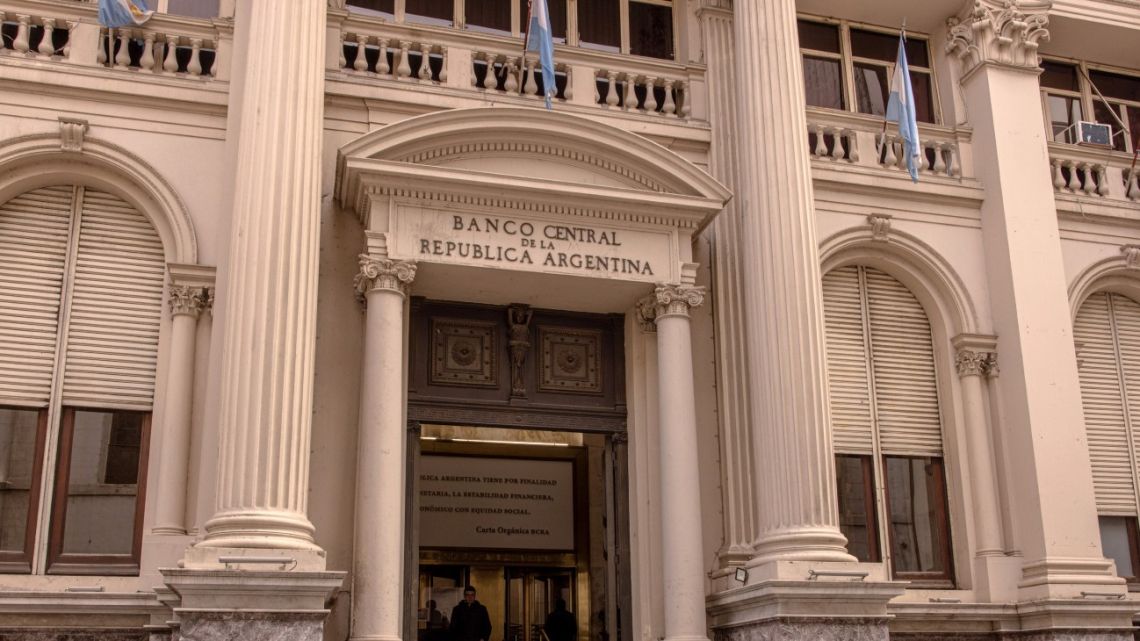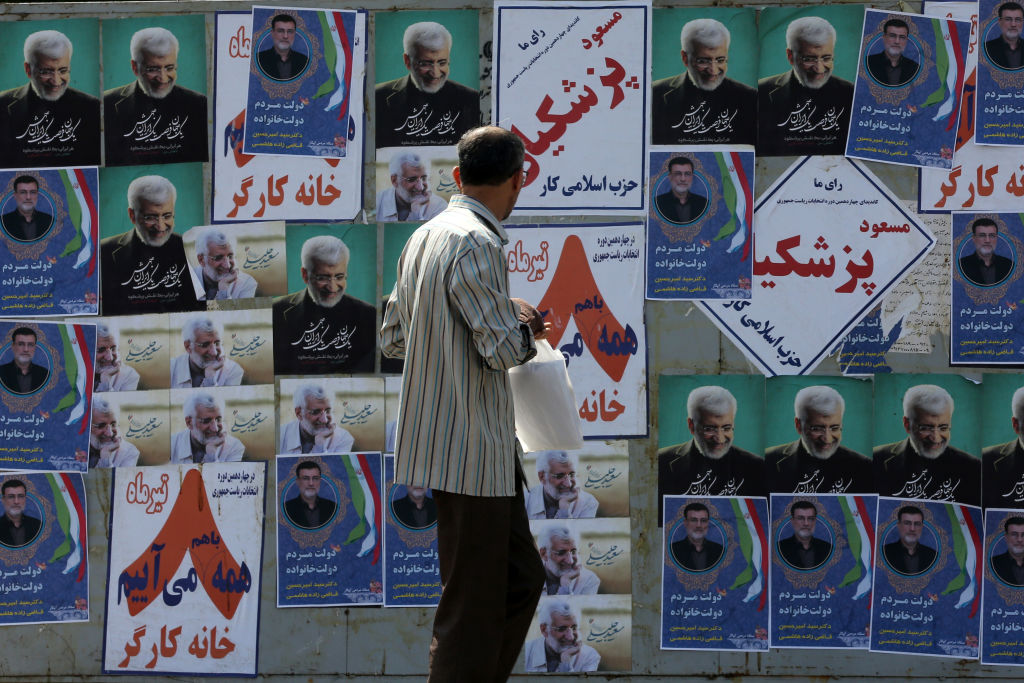Brazil’s Ministry of Agriculture reported that agribusiness exports generated $164.37 billion in 2024. This figure marks the second-highest value in the country’s history. The Brazilian Institute of Geography and Statistics IBGE provided this data in a recent statement.
The agricultural sector’s exports accounted for 48.8% of Brazil’s total trade in 2024. This percentage remained stable compared to the previous year’s 49%. Despite this achievement, the value represents a 1.3% decrease from 2023.
Export performance faced challenges due to a 4.6% drop in export product prices. However, a 3.4% increase in export volume partially offset this decline. The soy complex and cereals experienced reduced sales due to a smaller Brazilian harvest and lower international prices.
 Brazil’s Agribusiness Exports Reach Second-Highest Value in History. (Photo Internet reproduction)
Brazil’s Agribusiness Exports Reach Second-Highest Value in History. (Photo Internet reproduction)Other sectors showed growth, compensating for these losses. Meat exports rose by 11.4%, while sugar and alcohol complex products increased by 13.3%. Forest products saw a 21.2% uptick, and coffee exports surged by 52.6%.
The soy complex led export values at $53.9 billion, representing 32.8% of total exports. Meat followed with $26.2 billion, accounting for 15.9%. The sugar and alcohol complex contributed $19.7 billion, or 12% of the total.
Brazil’s Agribusiness Exports Reach Second-Highest Value in History
Forest products generated $17.3 billion, making up 10.5% of exports. Coffee exports reached $12.3 billion, constituting 7.5%. Cereals, flours, and preparations rounded out the top sectors with $10 billion, or 6.1% of total exports.
Luis Rua, Secretary of Trade and International Relations, praised the sector’s performance. He highlighted the government and private sector’s efforts to diversify products and destinations. These actions aimed to increase Brazil’s international presence in the agricultural market.
The agricultural sector maintained its crucial role in Brazil’s economy. It continued to represent half of the country’s total exports, showcasing its significance in the national trade landscape. This performance demonstrates the resilience and adaptability of Brazil’s agribusiness sector in a challenging global market.

 By The Rio Times | Created at 2025-01-09 07:05:59 | Updated at 2025-01-09 18:10:51
11 hours ago
By The Rio Times | Created at 2025-01-09 07:05:59 | Updated at 2025-01-09 18:10:51
11 hours ago








